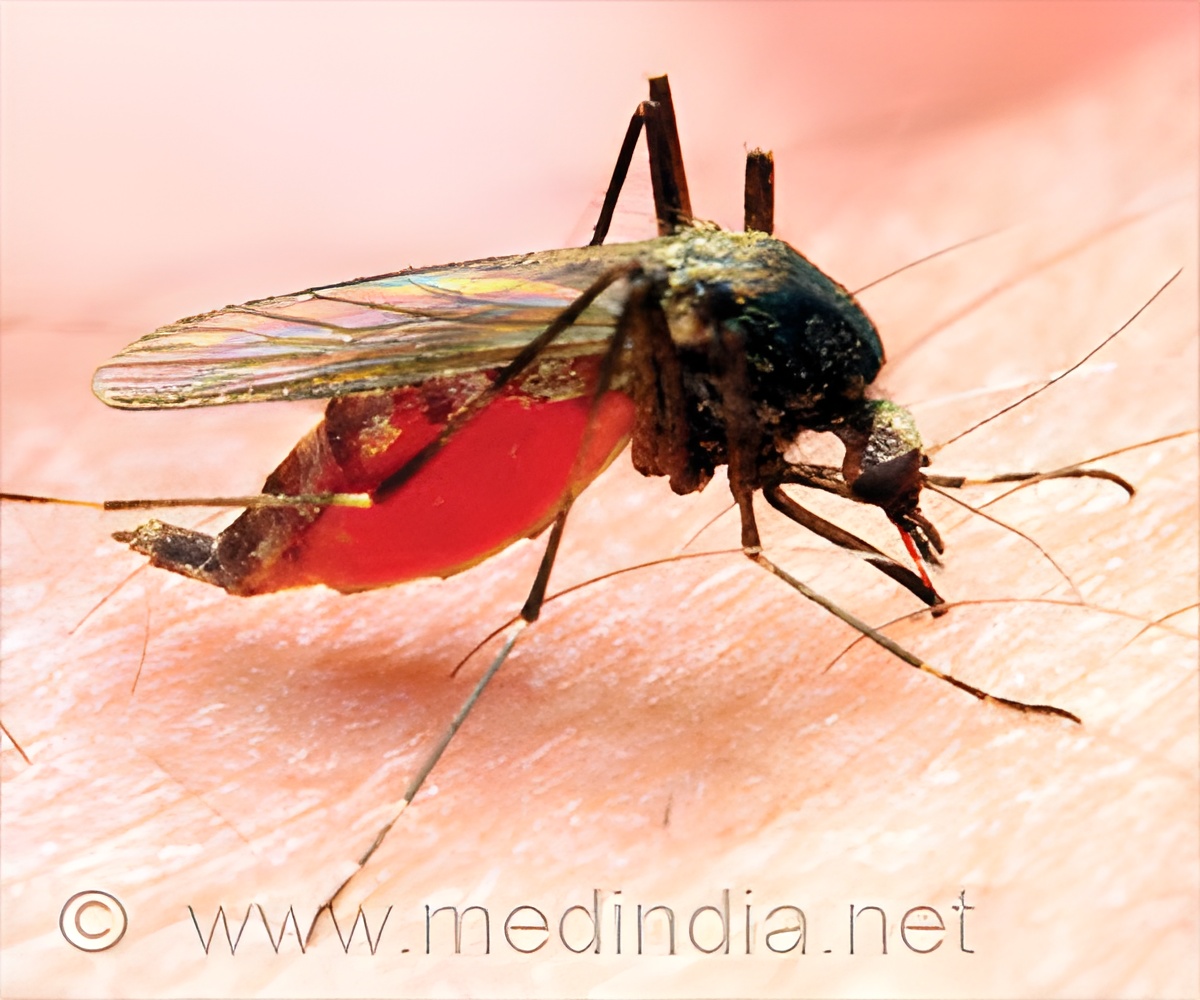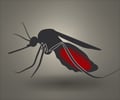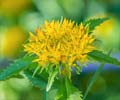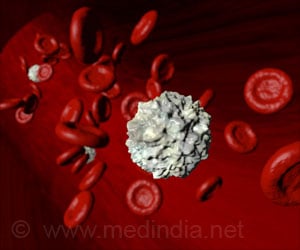Researchers found that an active ingredient in the traditional plant, Ranunculus multifidus can be used to treat malaria in mice.

TOP INSIGHT
The active plant ingredient anemonin has the potential to overcome malarial drug resistance.
"So far it was not known which ingredients the plant has and which of them might have a healing effect," says Professor Kaleab Asres from AAU, who had been aware of the use of the plant and initiated the study.
The pharmacists produced extracts from the plant leaves and tested their effectiveness on mice. Researchers infected the animals with the Plasmodium berghei parasite, which causes malaria in certain rodents including mice.
Some of the mice received chloroquine, an established and effective drug for treating malaria. Others were given different doses of the plant extract. The experiments were carried out per internationally recognized guidelines for the keeping and care of laboratory animals.
The results showed that the extracts did not work as well as chloroquine but had a positive effect on the course of the disease.
Like chloroquine, anemonin also affects the parasite’s metabolism at a different location. That would be good news because plasmodia have developed resistance to chloroquine in some areas of East and West Africa.
Source-Medindia
 MEDINDIA
MEDINDIA




 Email
Email







